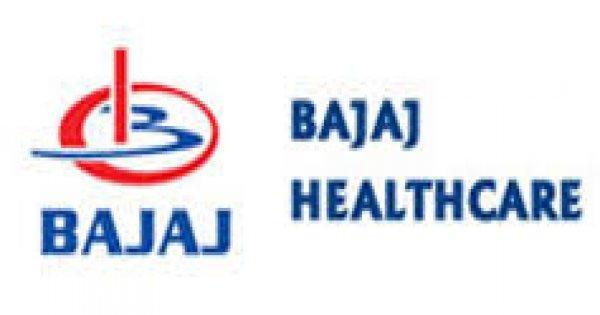World hand hygiene Day was celebrated with great valour and thought at Wockhardt Hospitals, Mira Road. Various engagement activities such as hand hygiene performance challenge, educational videos on hand hygiene, and Hand Hygiene Premiere League accelerated the celebration. The motto was to spread awareness about the importance of hand hygiene practices among the patients, relatives, visitors, staff, and the community to offer protection from COVID pandemic.
Hand hygiene is also termed as hand washing. Washing hands is probably the first rule of hygiene we learn. It is an act of cleaning hands with alcohol-based sanitizer (for 30 seconds) or with soap and water (for 60 seconds) for removing soil, dirt, and even microorganisms. It is a known fact that a large number of viruses, bacteria and other microbes enter our body via dirty hands and cause infection(s). People touch different types of objects that are dirty and dusty.
If one fails to clean the hands after touching unknown surfaces, then the possibility of contaminating surface through hands is highest and further during daily routine activities microbes enter the body from dirty hands. Currently, during the pandemic, following good hand hygiene will help you beat the virus and stay safe.
Dr Susheela Chaurasia, Infection Control Officer, Wockhardt Hospital Mira Road said, “We are committed to educate the society by conducting various campaigns, drives, and initiatives. This day is celebrated worldwide in response to the First Global Patient Safety Challenge of WHO: Clean hands, Save Lives; to promote importance of hand hygiene in healthcare facility. Recent pandemic has increased the applicability of this simple practice from health care facility to community, same is evident from inclusion of hand hygiene as part of COVID appropriate behaviour. It is always our endeavour to be with our stakeholders through different initiatives to lead a healthy life, So that LIFE WINS. World Hand Hygiene day Celebration included interesting activities like Wockhardt Hand hygiene Premier League – Healthcare Providers (doctors and nurses) are aware of effective hand hygiene practice (i.e. adherence to moments of hand hygiene, time and steps); this was an intra-departmental competition on effective hand hygiene on workstation. Those departments with the highest compliance were rewarded.”
Prabha, Manager- Quality, added, “Theme for this year given by WHO is- To achieve effective hand hygiene action at the point of care, all our activities were intended at promoting effective hand hygiene at all applicable incidences. Activities included digital hand hygiene challenge (#HandHygiene)- sharing creative and innovative thoughts to promote hand hygiene in the community as a post on the social media account, hand hygiene awareness sessions in small groups for the staff and patients and educational videos were played regarding hand hygiene practices. While doing all activities, social distancing and other COVID appropriate behaviour was ensured.”
“We are planning to cover every section of society via this 7-day campaign that started yesterday. We are making efforts so that the campaign reaches the maximum number of people who benefit from it. Many people have participated in the campaign and have shot videos and taken pictures of handwashing and have posted on their social media accounts with the hashtag #handhygiene challenge. Today, the entire world is fighting the pandemic and effective hand hygiene is one of the important measures to ensure that we are protected against COVID. Various activities conducted at the hospital were like a stress-buster in these unprecedented times. Let’s pledge to “Practice effective hand hygiene, Mentor for Clean Hands, & be a Champion,” concluded Sr. Chandini, Infection Control & Prevention Nurse, Wockhardt Hospital, Mira Road.
Know when to wash your hands
- Before preparing food
- Before touching your body parts
- Before touching infants or babies and after changing their diapers
- Before and after eating food
- After visiting the loo
- After coming from outside
- After touching any surface like doorknobs, faucets, countertops, wallets, keys, and handles
- Before and after visiting the patient
- After being around sick people
- After coughing or sneezing
- After touching the pets











